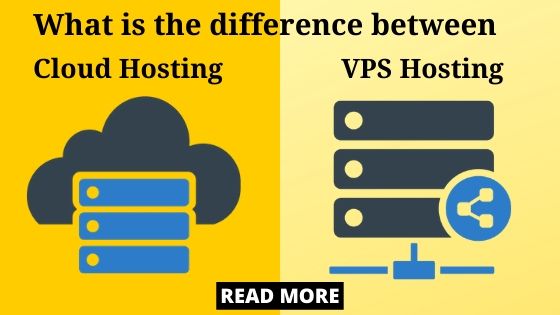How To Enhance Dedicated Server Performance?
When you find your site is growing rapidly and you need more resources, you will be forced to crawl out of your shared hosting space and move to either VPS or dedicated hosting. When traffic to the website is very high and you need a high uptime of the server, it is best to sign for a dedicated server.
Dedicated servers are more efficient and scalable than just being reliable and robust. You will be free to enjoy all of the server’s resources and this means access to resources as and when appropriate. You can also tweak the servers to meet your company goals. The transition can be simpler for organizations that are planning to sign up for dedicated hosting from a VPS hosting environment.
Once you take on a dedicated server, the first step is to determine the business needs and then select a server as required. Choosing the new and most feature-rich plans is not advisable if your company doesn’t benefit from those in any way. You need to consider how much growth over the next few years is expected and then choose your server accordingly.
Another easy way to optimize the power of your dedicated servers is to take over as many tasks as possible in the management. You will experience much greater flexibility by selecting VPS hosting as a user as you are given root access to the virtual servers. But, when you have managed dedicated hosting plans, this flexibility is far limited in dedicated hosting.
In this case, the host must control the systems; take care of OS and software upgrades, automatic backups and security patches, load balancing, solutions for disaster recovery, anti-virus scans, configurations for auto-scaling, etc. Although server management takes a lot of time and needs expertise, it may be prudent to choose a cheap priced dedicated hosting plan that you can manage. To maximize the power of the Dedicated server you can then introduce changes.
In this article, we will cover some important points to enhance your Dedicated Server performance:-High And Security Measures:
1. High And Security Measures:
The easiest way to boost dedicated server performance is to protect them by taking high-end security measures. Although running the server on your own can give you the power you are looking for, it can expose your company to risks at the same time, unless you are careful about the server protection. Hacking attempts are normal.
A number of these crimes are not even reported on time or identified. The criminals are kept information hostage until the owner pays a ransom. Therefore, you need to find a company that won’t compromise on security aspects; it will ensure successful firewalls, SSL certificates, and DDoS protection. It should have provided for successful backup to restore useful data.
2. Uptime Guarantee:
Downtime costs are large, and if this is not controlled, businesses could end up losing billions per year. You can find that there are web hosting companies that give the top tier customers who reserve their best uptime guarantees. Although there are quite a few hosts claiming to guarantee 100% uptime, this is not the reality and customers should be happy with a 99% uptime that accounts for only less than an hour of downtime per month.
3. Scalable Environment:
Instead of using the cloud, making a scalable dedicated environment works even better for most businesses. Even a small spike in cloud traffic will cause you to spend a much higher amount on getting resources. Alternatively, a scalable dedicated program is much better; you can choose the server, and you can guarantee a steady growth of your website.
4. 24×7 Supports:
You will enjoy 24×7 support free of cost when you have a dedicated server. This service is available via live chats, emails and toll-free phone calls. If you choose managed hosting, you can be confident that at any time of the day or night, if you face some type of problem, expert support will be available.
By monitoring server customizations and maintaining more funds for updates, you can maximize your dedicated server. If it is DDoS protection, dedicated IP addresses, solutions for disaster recovery, data availability, firewalls, and caching tools, it can be customized as per your needs. You don’t need a host that can guarantee the highest computing power or the best available storage.
These are the effective points to enhance your dedicated server performance. If you are planning to buy we offer a wide range of Dedicated Servers that are customizable.






























